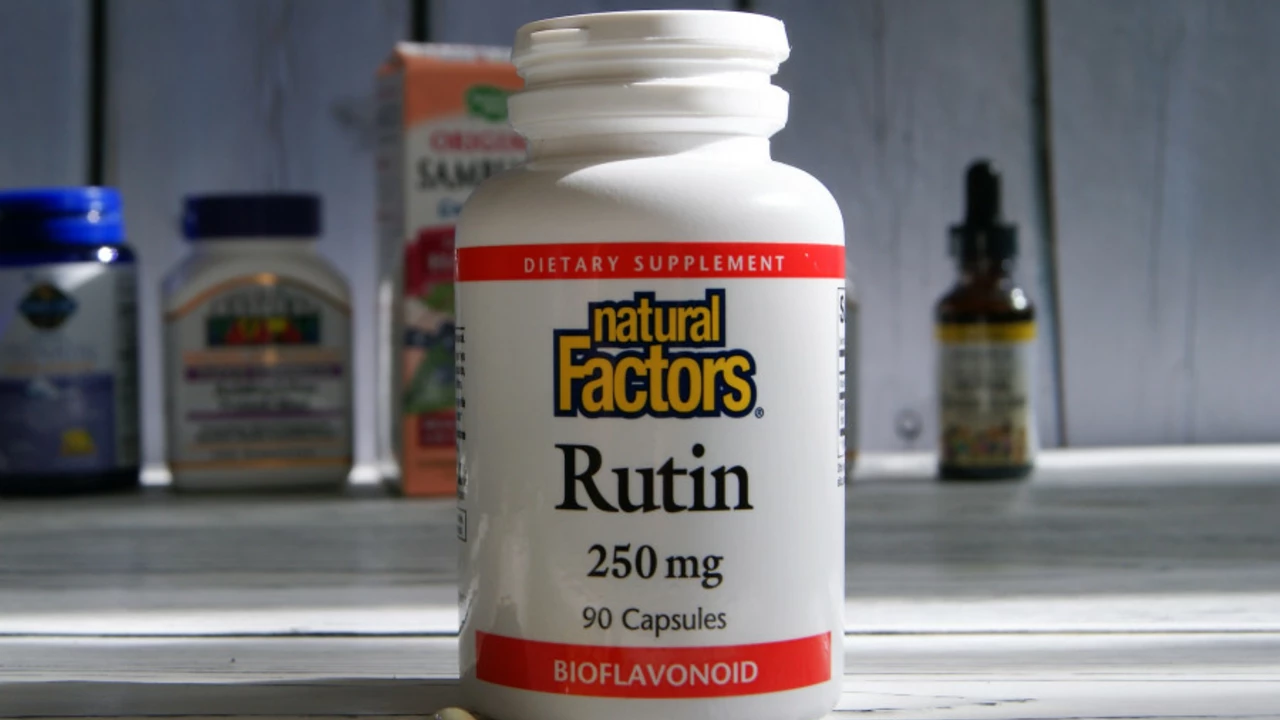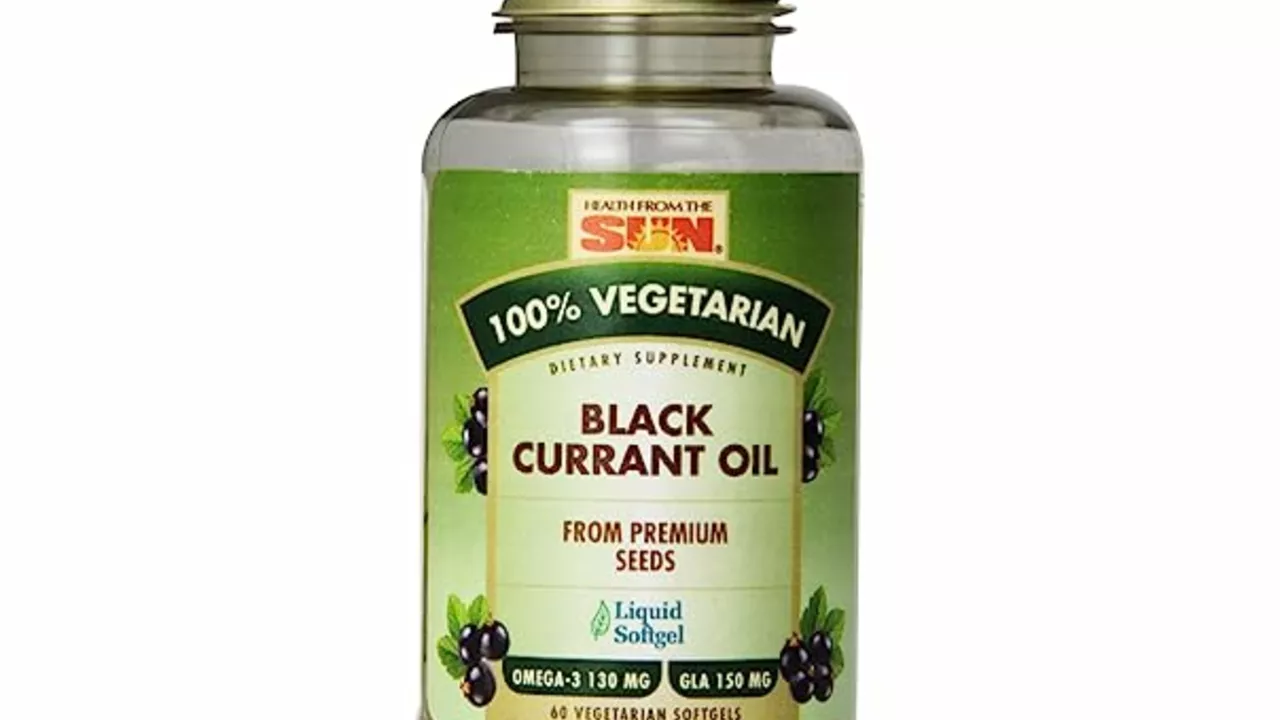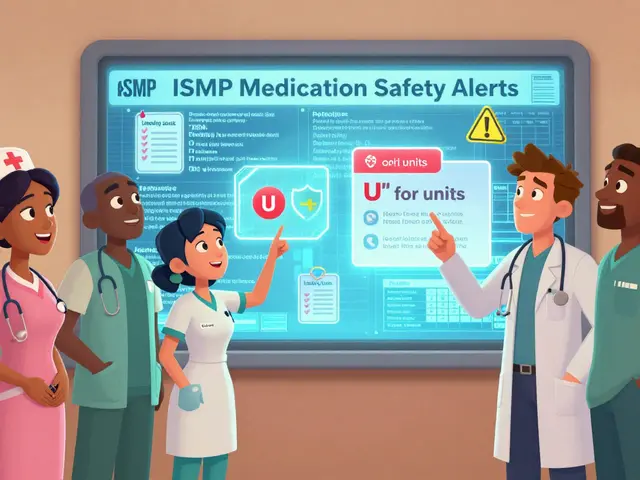Dietary supplements: how to choose safe, useful options
Supplements can help fill gaps in your diet, ease symptoms, or support recovery. But not every bottle on the shelf is worth your money — and some can cause harm when mixed with prescription meds. This page collects practical advice and clear write-ups from BuyBestMeds.com so you can make safer choices fast.
How to pick a safe supplement
Start with a clear reason. Are you treating joint pain, supporting digestion, or trying to improve energy? Match the product to that goal. Next, check the label: look for active ingredient amounts, serving size, and whether the manufacturer lists third-party testing (USP, NSF, or ConsumerLab). Avoid proprietary blends that hide amounts — you want to know exactly how much of each ingredient you’re taking.
Think about interactions. If you take blood thinners, blood pressure drugs, or antidepressants, ask a pharmacist or your doctor before adding herbal or high-dose supplements. For example, ginger can help with nausea but may increase bleeding risk with some medications. Simple safety checks now can prevent big problems later.
Buy from reputable sellers. Online pharmacies and specialist retailers can be legit, but read reviews and look for clear contact info, return policies, and a verified physical address. Our site reviews several online pharmacies and product sources, so use those guides when you shop.
Top supplements and what they do
Here are some supplements we cover on the site and what to expect from them:
- Acai berry: Sold for antioxidant support and energy. Choose extracts with clear polyphenol content and avoid oversized health claims.
- Ginger: Great for digestion and motion sickness. Works in small doses; watch bleeding risks if you’re on blood thinners.
- Asparagus racemosus (Shatavari): Used traditionally for digestion and female health. Pick standardized extracts and check for contaminants in third-party tests.
- Malabar nut: Often used for respiratory support. Good as an adjunct, not a replacement for prescribed inhalers or asthma meds.
- Magnesium hydroxide: Mild laxative option for occasional constipation. Use as directed and avoid long-term daily use without medical advice.
- Vinpocetine: Marketed for brain energy and focus. Evidence is mixed; talk to your clinician, especially if you’re on blood pressure meds.
Each of these topics has a full article on BuyBestMeds.com that reviews benefits, dosing basics, and safety notes. Read the full piece before you buy.
Final quick checklist: know why you want a supplement, check the label, verify third-party testing, ask about drug interactions, and buy from trusted sellers. Want product-specific advice? Browse our dietary supplements tag to read reviews and practical guides that make shopping safer and easier.



